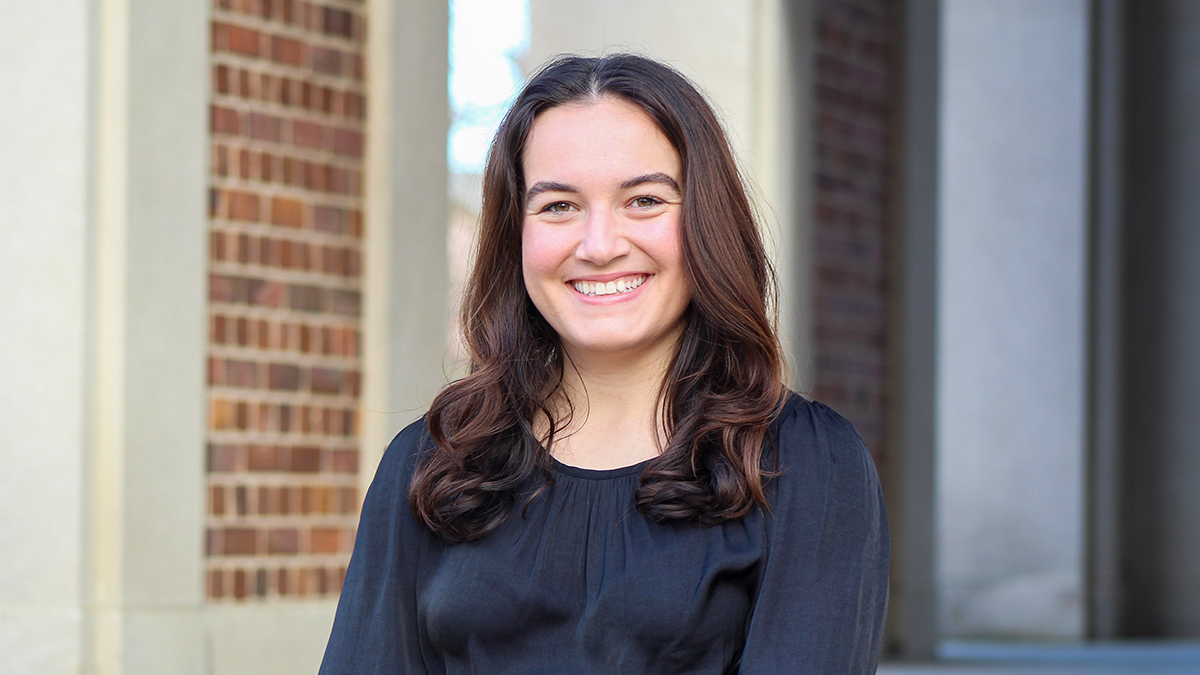Stephen Hawking to deliver lecture in Stockholm
At a rare and historic conference in Stockholm co-sponsored by Carolina, Stephen Hawking's public lecture will discuss singularities and black holes.
Stephen Hawking will join many of the founding members of modern physics in Stockholm in August for a rare — and historic — weeklong conference for some of the world’s leading physicists to discuss one of the most complex and mind-twisting topics of our time: whether singularities in black holes exist and whether Hawking radiation has bearing on their existence.
In conjunction with the conference, Hawking will deliver a public lecture on “Quantum Black Holes” at 7 p.m. on Aug. 24 at the Stockholm Waterfront Congress Centre. Tickets are available at hawking.axaco.se.
The conference and Hawking’s lecture were arranged by theoretical physicist Laura Mersini-Houghton of the University of North Carolina at Chapel Hill (UNC-Chapel Hill).
The conference is co-sponsored by the University of North Carolina at Chapel Hill, the Nordic Institute of Theoretical Physics, the Stephen Hawking Centre
for Theoretical Physics at the Department of Applied Mathematics and Theoretical Physics at the University of Cambridge, and The Julian Schwinger Foundation.
At the Aug. 24 public lecture, Hawking will be introduced by Chancellor Carol L. Folt.
“UNC-Chapel Hill is honored to initiate this gathering of distinguished scientists, in particular legendary physicist Stephen Hawking,” Folt said. “This historic conference is the vision of UNC-Chapel Hill’s Laura Mersini-Houghton and we are grateful to her for assembling the big thinkers of our time in Stockholm.”
Although the conference proceedings are closed to media and the public, media are invited to a concluding two-hour discussion at the close of the conference from 11 a.m.-1 p.m. on Saturday, Aug. 29 at Albanova, Rm. FD5.
Hawking, who is a cultural icon admired by millions worldwide, said, “I am delighted to visit Sweden to attend this important conference on Hawking radiation and give a public lecture on quantum black holes.”
Hawking suggested in January 2014 that black holes may not exist. In September 2014, Mersini-Houghton proposed that when Hawking radiation is taken into account, singularities in black holes may not form. These ideas helped reignite ongoing debate about a fundamental paradox in modern physics. This paradox pits Einstein’s theory of gravity, which predicts the formation of black holes from which information is lost forever, against a fundamental law of quantum theory, which states that no information from the universe can ever disappear. Since the 1970s, efforts to combine these two theories has led to a phenomenon known as the “information loss paradox.”
“Nordita is excited to be able to co-host this important scientific event, as well as the public lecture of the illustrious Stephen Hawking,” said Katherine Freese, director of Nordita.
“The conference has quickly progressed into a world-class science event,” said Mersini-Houghton, who organized the conference on the heels of worldwide discussions about research findings she published in 2014. “We expect to bring together a historic meeting with many of the preeminent scholars in modern physics. In all likelihood, we will never have so many of them in the same place again, trying to solve one of the most fundamental questions related to black holes and the nature of spacetime. We are extremely grateful to Nordita for their generous support.”
The organizing committee includes Mersini-Houghton, UNC College of Arts and Sciences; Malcolm J. Perry, professor in the Department of Applied Mathematics and Theoretical Physics at Cambridge University; and Yen Chin Ong, a fellow at Nordita.
For more information about the conference and lecture, visit the http://global.unc.edu/events/hawkingradiation/.




